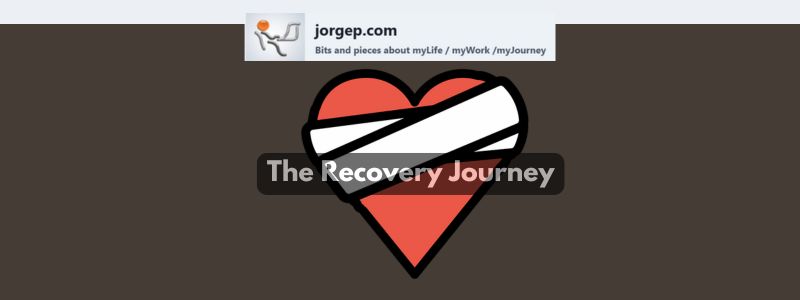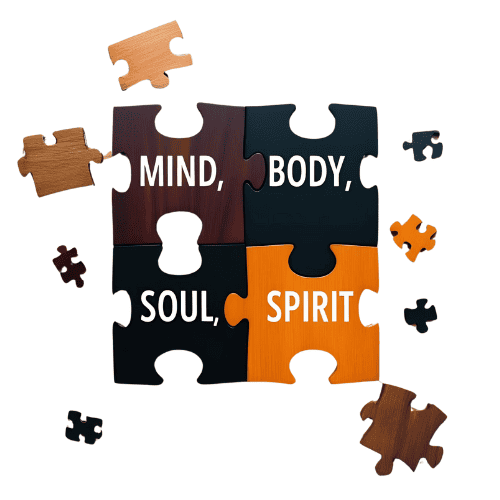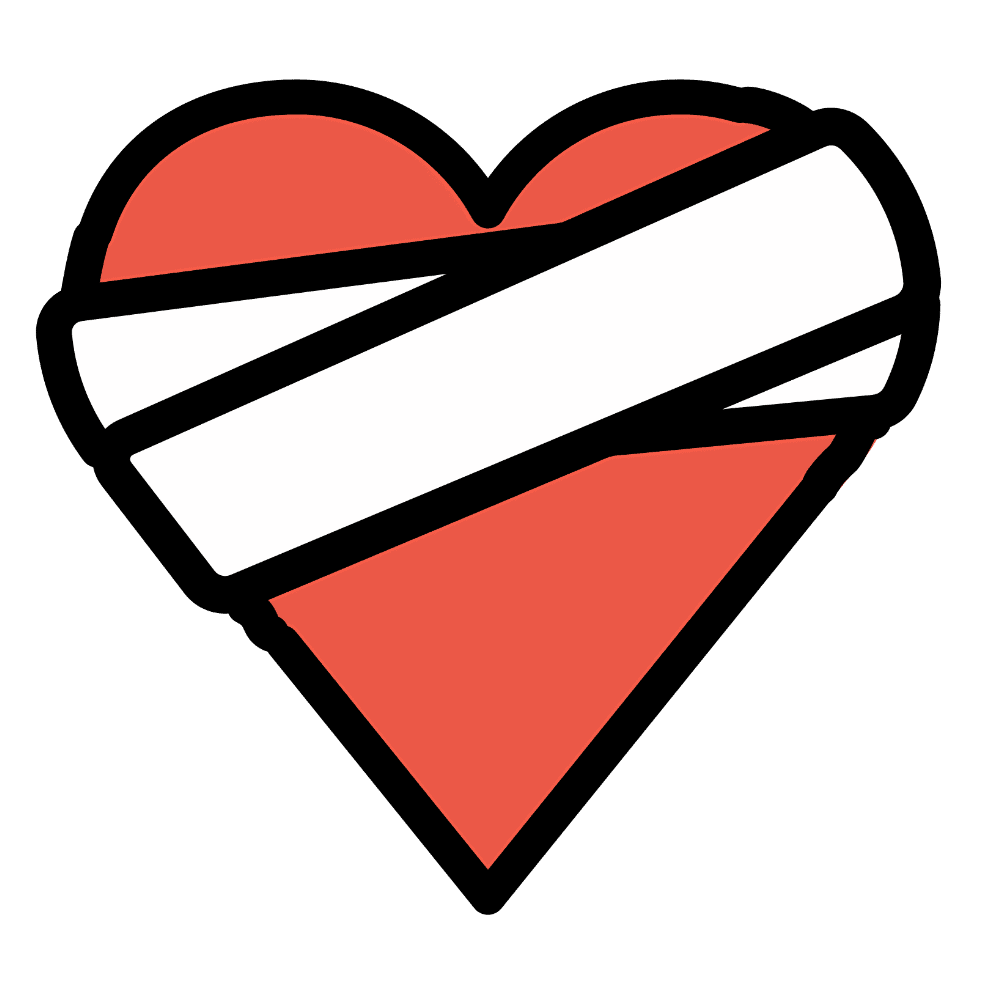On the Recovery Journey- The first 3 weeks

Yesterday marked a month since my heart attack. After spending 8 days in the hospital, I began my recovery at home, and I find myself thankful for so many things along the way.
I reflect on how differently this story could have unfolded. What if the heart attack had struck while I was alone in the backcountry, riding my RZR miles from help? What if the initial ER had been overwhelmed with patients when I arrived, delaying critical care? What if my warning signs had been more sudden or severe, giving me no time to seek help? When I consider these possibilities and the fortunate circumstances of my experience—being home with my wife, an empty ER waiting room, gradual symptoms that gave me time to act—I’m overwhelmed with gratitude. The alignment of these factors likely saved my life. (Feels like my mother was watching over me!)
The Physical Journey
The first few days at home were challenging in ways I hadn’t anticipated. I was profoundly fatigued attempting to walk from the bedroom to the living room or sit at my computer for even 10 minutes left me exhausted. It was a struggle. Whatever energy I had was being diverted to healing my heart and adjusting to the new hardware inside me—the stents that now keep my arteries open.
The body is truly an amazing thing! While I was still too drained to speak with anyone, my wife filtered the calls and texts from well-wishers who all shared the same advice: slow and steady is the only way forward. I’ve come to appreciate the wisdom of others. Very grateful!
Three weeks after returning home, I progressed to walking twice daily for about 1.5 miles each time. I can now work at my computer for approximately a couple of hours, being mindful to take appropriate breaks. The improvements are gradual but steady—a testament to the body’s remarkable capacity to heal when given proper time and care.

The Mental Healing Process
The physical recovery, while demanding, is only part of the journey. The mental and emotional adjustment have been equally significant.
About 28 years ago, I was diagnosed with Type 2 Diabetes. Our family doctor (the best “old-fashion” family physician we’ve had—now retired) warned me that without proper management, I would have difficulty reaching age 63. Having remained otherwise healthy for three decades without major issues, I hadn’t taken the diabetes diagnosis as seriously as I should have. This “mindset” reinforced my incorrect belief that I was somehow tough and invincible.
How wrong I was! Diabetes is a silent disease that sooner or later catches up with you. That’s the insidious part—it works in the background, causing damage you can’t feel until a crisis occurs.
Finding Guidance
While in the hospital, I searched YouTube for information about what to expect during heart attack recovery. Among many clinical presentations and personal stories, I discovered a video that resonated deeply with me. Australian cardiologist Peter Barli, on the Heart Matters channel, explained the first few weeks of the recovery process with clarity and compassion. His simple talk and guidance proved invaluable to me. It stroke a cord (pardon the pun!).
Emotional Reckoning
A couple of days following my second discharge, as my family gathered around the table, the full impact of what had happened—and what lay ahead—hit me with unexpected force. Fortunately, my wife and daughter were there as emotional support. They saw me break down and cry and reinforced their love and commitment to helping me through this journey.
My wife had already transformed into what I lovingly call a “protective bear,” taking charge of our diet and nutrition. Under her watchful eye, my old habits have been relegated to the past—no more cookies, refined sugars, wine, pasta, or white bread to start with. These changes are just the beginning.
Confronting Mortality
I’ve always been intentional about how I live. Personally, I’m not afraid of dying—I’ve often said that if I died today, I would die a happy man. My life has been rich with adventure, travel, countless memorable stories (many of which I plan to share on this blog), deep friendships, and family connections.
I always imagined that if death came, it would be sudden and quick, or in the best scenario, I would simply fall asleep one night and not wake up. The stark reality that this might not be how my story unfolds is daunting. The possibility of a slow decline struck a chord with me (pardon the pun!).
Not being physically invincible was one realization, but confronting the possibility of dying slowly over time was another entirely. Even now as I write this, I need to pause and collect myself. It’s a profound adjustment.
(Remind me to tell you my father’s story someday—it’s TRULY inspirational!)
Moving Forward
This is the mental adjustment I must now make. Between diet modifications, regular exercise, attitude shifts, and mental transformations (ironically, at work I’ve always helped companies with their Digital Transformation—how applicable those skills now become to my personal life), this journey will keep me busy moving forward!

Support System
Speaking of work: I’m employed at Dell Technologies; an extraordinary company whose benefits include support for situations like mine. I’m currently on a 6-week leave to focus on recovery. My manager and colleagues have been amazing, sending well wishes and supportive notes. Again, I feel incredibly lucky and grateful—a big shout-out to them! (Their gift was also very appropriate!)
I haven’t done much socializing yet, but good friends visited us last Sunday afternoon. They brought a couple of decks of cards and taught us to play “Clear the Deck” while we chatted about recent events. This gesture was a wonderful gift in multiple ways: their company was comforting, but beyond that, the afternoon started to feel more “normal.” Thank you, Kevin and Sue, for those precious hours!
Had the after discharge follow up visits doctor visits with my cardiologist and current family doctor. They reviewed the medicines I am taken and for how long I need to take, as well as what to expect next. The cardiologist basically said: “return to normal operations but closely listen to your body” and if you feel something is not right raise your hand / call us. Start cardio rehab as soon as they can schedule you, and in the meantime keep moving a bit more each day.
The next few weeks
First and foremost, I begin the highly recommended Cardiac Rehab Program which, as I understand, does far more than just monitor physical health—it systematically rebuilds confidence that was shaken by this life-altering event. The program combines supervised exercise, education about heart health, and psychological support specifically designed for cardiac patients. My cardiologist emphasized that patients who complete cardiac rehab have significantly better outcomes and fewer future hospitalizations. I’m both nervous and eager to start this structured approach to recovery, and I plan to share my experience in detail once I’ve begun.
In a couple more weeks, I also return to work. This has been a tough one for me. I miss work actions and interactions. The daily rhythm of professional challenges, problem-solving with colleagues, and the satisfaction of accomplishing tasks has left a noticeable void during my recovery. I am definitely not ready to retire yet! My wife jokes that she can tell I’m feeling better because I’ve started talking about projects in my sleep again (like this blog!)
To fill the intellectual gap during this downtime, I’ve become something of an amateur historian—I think I’ve seen every Sumerian civilization video on YouTube (they’re truly amazing!). I could probably give a decent lecture on Mesopotamian cultural developments now. While fascinating, these historical deep dives are no substitute for the engagement of my personal and professional life. Funny how that works!
Final Thoughts on Preparedness
One additional note on the recovery journey: We’ve had Wills since our children were small, and we upgraded to a Living Trust a few years ago. This helped us document everything associated with our financial affairs, including the “Just-in-Case” documents. The not-so-funny part? Many details have changed since then, and our documents weren’t up to date. My wife has already scheduled a meeting to update our inventory and documentation.
When was the last time you reviewed yours? Hopefully not too long ago!
Life can change in an instant—I now understand this more deeply than ever before. Being prepared isn’t pessimistic; it’s one of the most caring things you can do for your loved ones.

